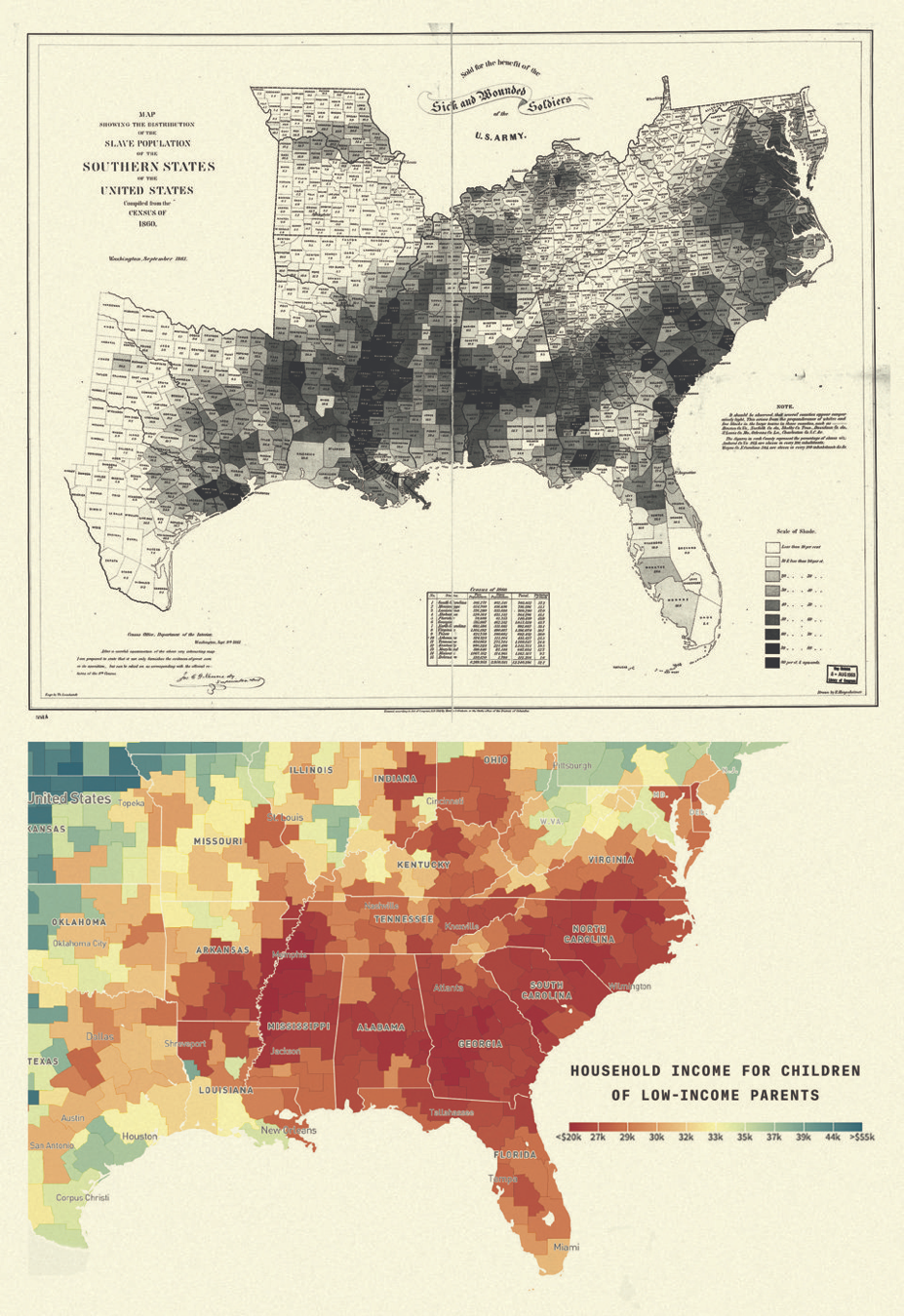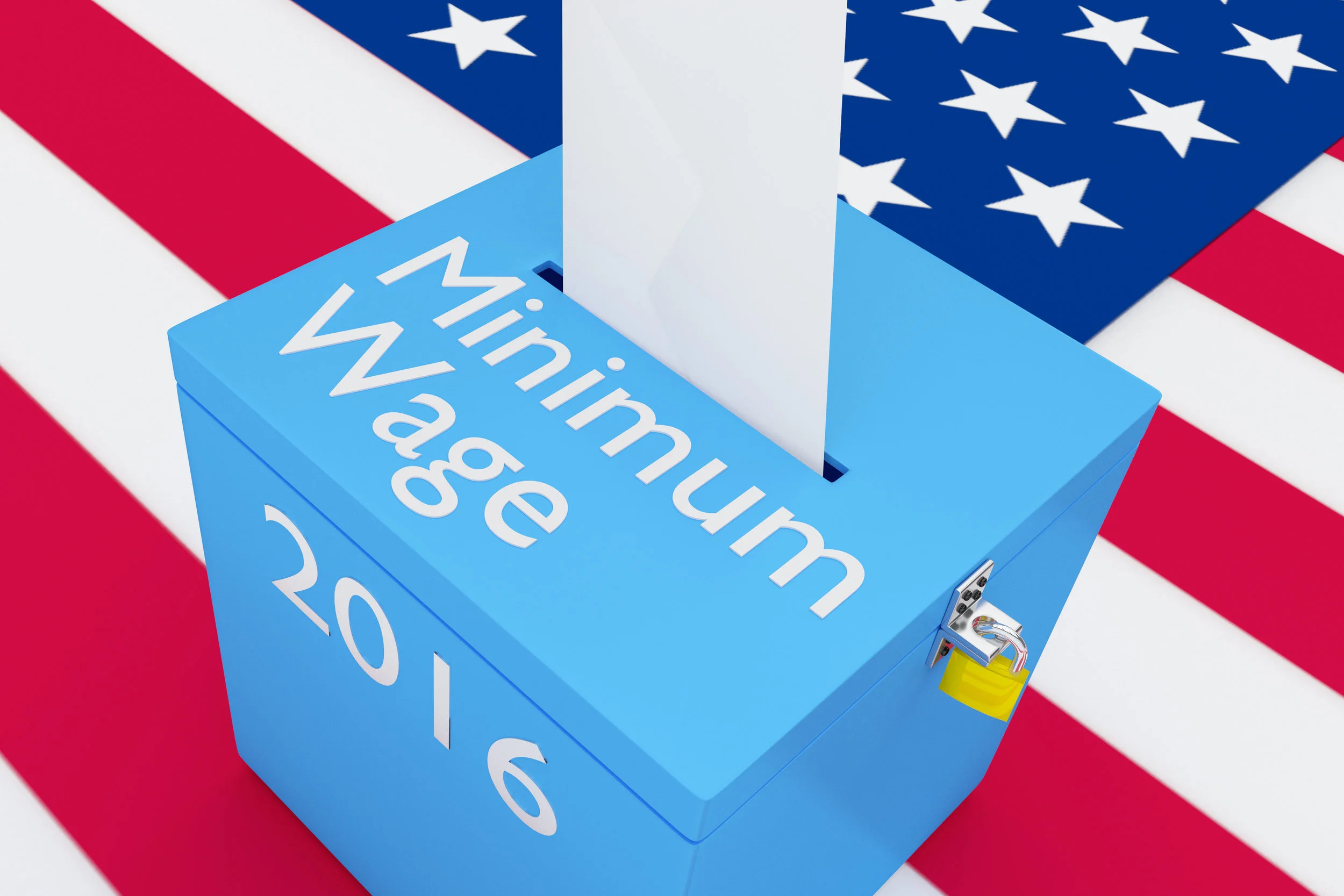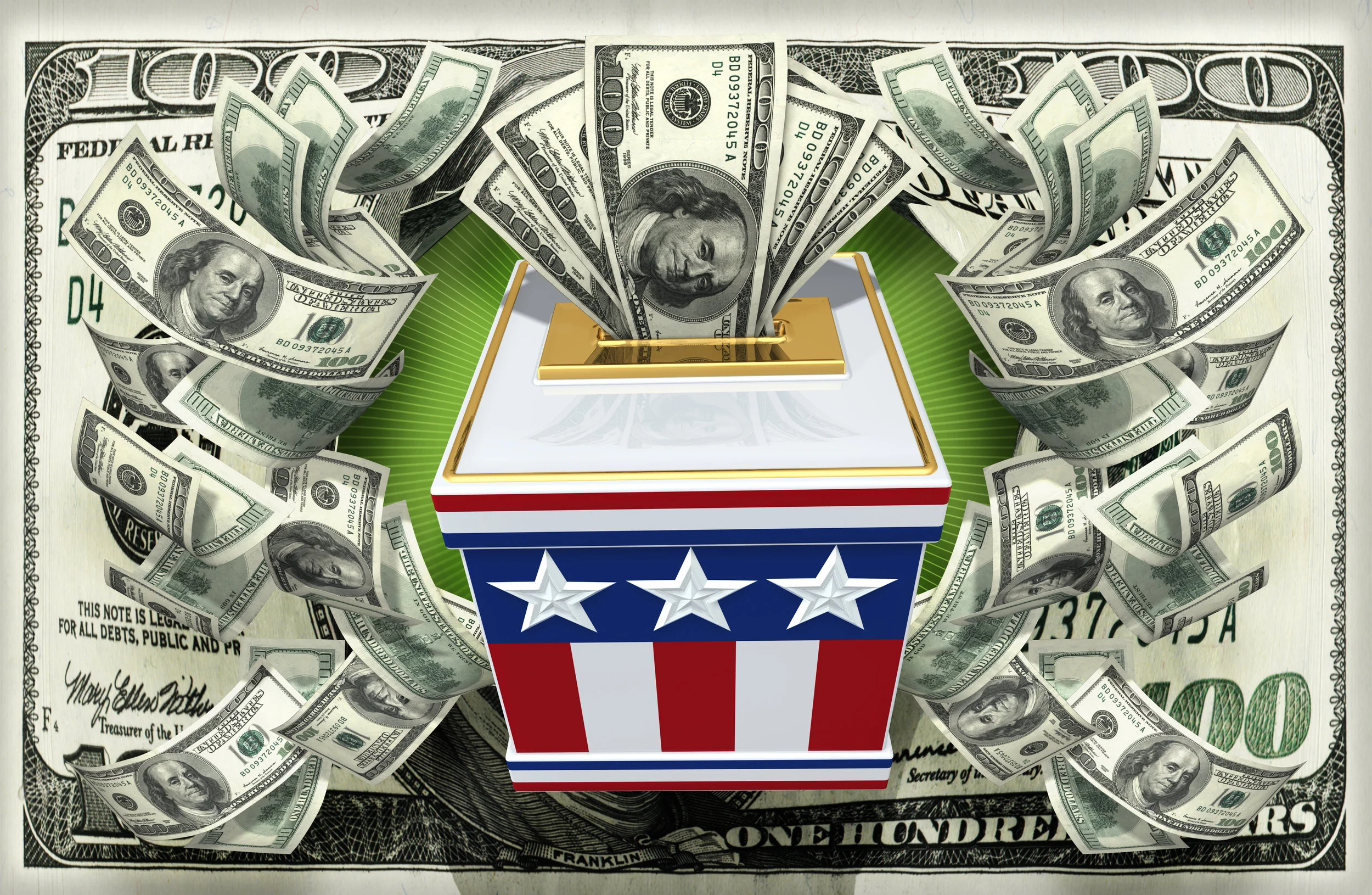This chart in the New York Times December 16, 2019, partially replicated below, shows in lighter colors the states where job growth during the last three years has been very low. The five outlined states are described as swing states, crucial to Electoral College victory. The chart makes it clear that the economy is so strong nationally that the president should have a cakewalk to re-election, but the swing states are lagging and for that reason his path to success is more pockmarked. Why does he support this system?
Economic Trends and Electoral Map
Because of the Electoral College, the economic trends in this map are alarming for the president. He should be seeking a national popular vote win, given the benign nature of the country's economy taken as a whole. I mean, the system should reward him for winning a national victory.
“It’s the swing states, stupid”
Here is a rare article about the economy and the upcoming election that addresses a sad reality: the only economies that really matter are the economies in the small number of states that will decide the next election. The rest of the nation—where the vast majority lives—hardly matters at all.
Why? One reason is $$
I was telling a friend the other day that his state adopted the National Popular Vote Interstate Compact and he demurred. "We aren't a democracy and we shouldn't be," he said. Why? "My state is smaller than the really big ones. In a democracy we wouldn't matter."
I pointed out that his state has never had any presidential candidate visit in the modern era. I noted that no small states attract any attention from presidential candidates or elected presidents, with the exception of New Hampshire, a small swing state, and occasionally Nevada.
He stuck to his guns, the way people do in this era of non-agreement on everything.
At bottom he does not like democracy. He has his reasons.
But here is one argument in favor of democracy, even if irrefutable thinking about elemental fairness or the virtue of participation in elections doesn't grab everyone.
This paper concludes that democracy produces greater wealth for the whole society.
Thanks, Electoral College
Almost all the voters in the problem locations below are ignored by the system. Florida, it gets attention, and sometimes North Carolina. But the candidates in both parties take for granted the outcome all the rest of these states. Given the plight of the people in these states, the voters really ought to be able to have all their votes count in a national election of the president.
There are two maps shown. The first is Lincoln’s, used to inform him about the slave population. The second, is Raj Chetty’s report on where low income parents are located. The overlaps show, among other things, how long the Electoral College system has denied voice to the people – of all races! – in these states.
Electoral college doesn’t like health care
The electoral system is the reason why these red states get away with not expanding Medicare. Why? Because candidates in both parties don’t campaign there. The pluralities are foregone conclusions. Those who suffer don’t count because rural poor are outvoted by suburban voters, and they aren’t permitted by the system to vote with similarly affected people in other states.
Yup that’s it
This article correctly understands that the election turns entirely on who wins the statewide votes in Florida, Pennsylvania, Michigan. and Wisconsin. The very strong economy in these four states gives the president an extremely good chance of winning reelection while losing the national popular vote by a margin of millions. That would mean that in half of the elections of this century the loser of the popular vote nationally would become president.
Still Another
Here is still another article that does not explain the meaning of presidential politics. The claim here is that President Trump is scuttling the China trade agreement (if there really was one in the offing) in order to improve his re-election prospects. The theory expounded is that by imposing tariffs on Chinese imports the president will get more votes, although it is also true that the Chinese will tariff their imports (our exports) of agricultural products, thus hurting American farmers.
What the article does not say is that the electoral college system makes the interests of American farmers irrelevant to the president. He is certain to obtain the electoral votes in the agricultural heartland of the country, say, Iowa, the Dakotas, Kansas, Nebraska. He can ignore, and obviously is ignoring, the interests of farmers in these states, where evangelical Christians are sure to give Donald Trump their votes and a plurality that awards him all the electoral votes.
The reason that bashing China and hurting American farmers works as an election strategy is that, presumably, it is popular in the more manufacturing-intense states that by pure accident happen to be the only states truly relevant in determining the outcome of the election – Pennsylvania, Michigan, and Wisconsin. Florida, the lynchpin of the Trump election strategy, also is not impacted much by the Chinese tariffs on American agricultural products.
If the national popular vote were relevant to choosing the American president, farmers as a block of voters, regardless of where they live, would be important to the outcome. They number about 30 million and if their votes counted in a national tally no candidate for president in the general election could do without a coherent farm policy. Under the electoral college system such a policy is unimportant, and as farmers may have noticed the general election never features much discussion of farm policy.
Should Democratic Candidates Reject Super PACs?
Some of the potential 2020 Democratic candidates may consider forgoing huge fundraising advantages in hopes of winning the support of grass-roots donors and progressive activists opposed to super PACs.
Maybe Not
From conservative economist John Cochrane, comes this:
“Democracy, and US democracy in particular, serves one great purpose—to guard against tyranny. That's what the US colonists were upset about, not the fine points of tariff treaties. US and UK Democracy, when paired with the complex web of checks and balances and rule of law protections and constitutions and so forth, has been pretty good at throwing the bums out before they get too big for their britches. At least it has done so better than any other system.”
But maybe not when every vote does not count: in the not-yet-reformed American system of choosing the president, the candidates do not need or bother to campaign for every vote, and under these circumstances a passionate minority of voters can keep someone in office even when the majority would rather have someone else.
Allowing Democratic Decline Means Stifling Economic Growth
We should be concerned about the decline of democracy around the world for many reasons, and one of them is the harm that abandoning democracy would inflict on national economies.
That stands to reason given a new study published by the University of Chicago (Acemoglu, Naidu, et. al). The study, entitled “Democracy Does Cause Growth” concludes that “democratizations increase GDP per capita by about 20% in the long run”.
In short, democracy leads to growth and prosperity. The global trend in movements against democratic governance is therefore a great threat, not only to the erosion of freedom and civil liberties, but also the economic well-being of all citizens.
On the other side of things, is it possible that making our democratic institutions more robust— for example by implementing the National Popular Vote— could cause an increase in GDP or even prevent a future recession?
Most Americans Want A Fairer Minimum Wage. How We Elect Our President Stands In the Way.
If the president were elected by national popular vote, he or she would have both the mandate and the consensus-driven support of the nation’s entire population to support a federal minimum wage raise to a realistic level.
How Much Is a Vote Worth?
One-third of Americans would agree to forfeit their voting rights for a pay raise of 10%. How can you blame them when the vast majority of votes cast for president do not matter?
Voters Taken For Granted Are Hurt by Steel Tariff
In a national popular vote, the President would have had to deal with the issue of unfair trade practices by China in a manner that avoided negative repercussions affecting voters across the country.
Want Fair Trade? Count Votes Fairly
In a national popular vote, presidents would have to consider what the majority of voters want, including one who need fair trade policies.
How We Elect the President Makes Farmers an Easy Target in a Trade War
A national popular vote would make industries like farming in current swing states less vulnerable targets in a trade war.
Losing Trust In Government
Would it surprise you to learn that a large majority of Americans affirmatively agree that they do not want to see their local hospitals destroyed by heavy rainstorms? I mean, let’s hope not. Fine, the question is silly but the problem isn’t: it’s raining more than it used to.









